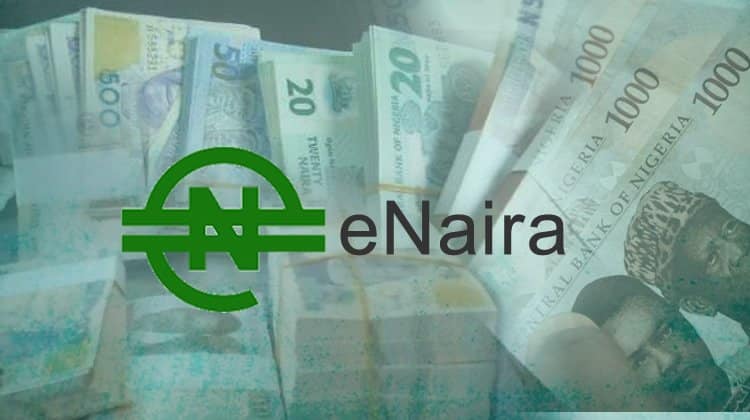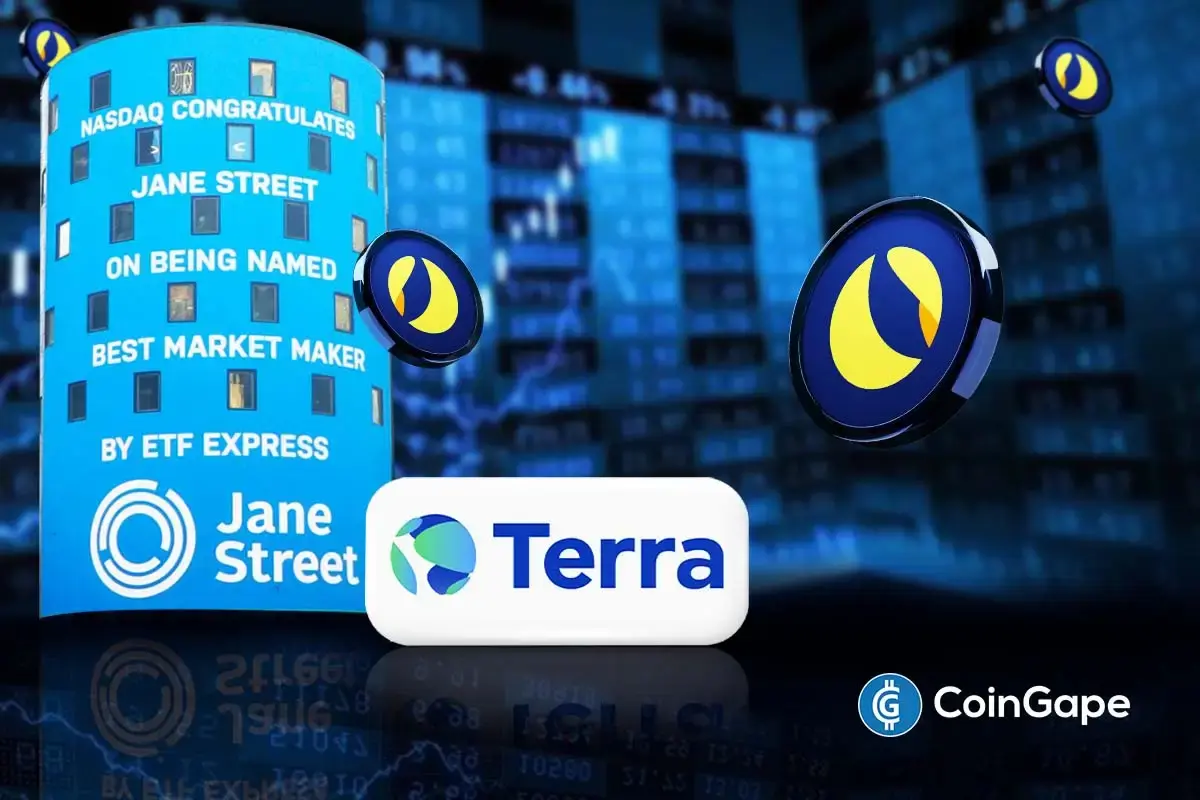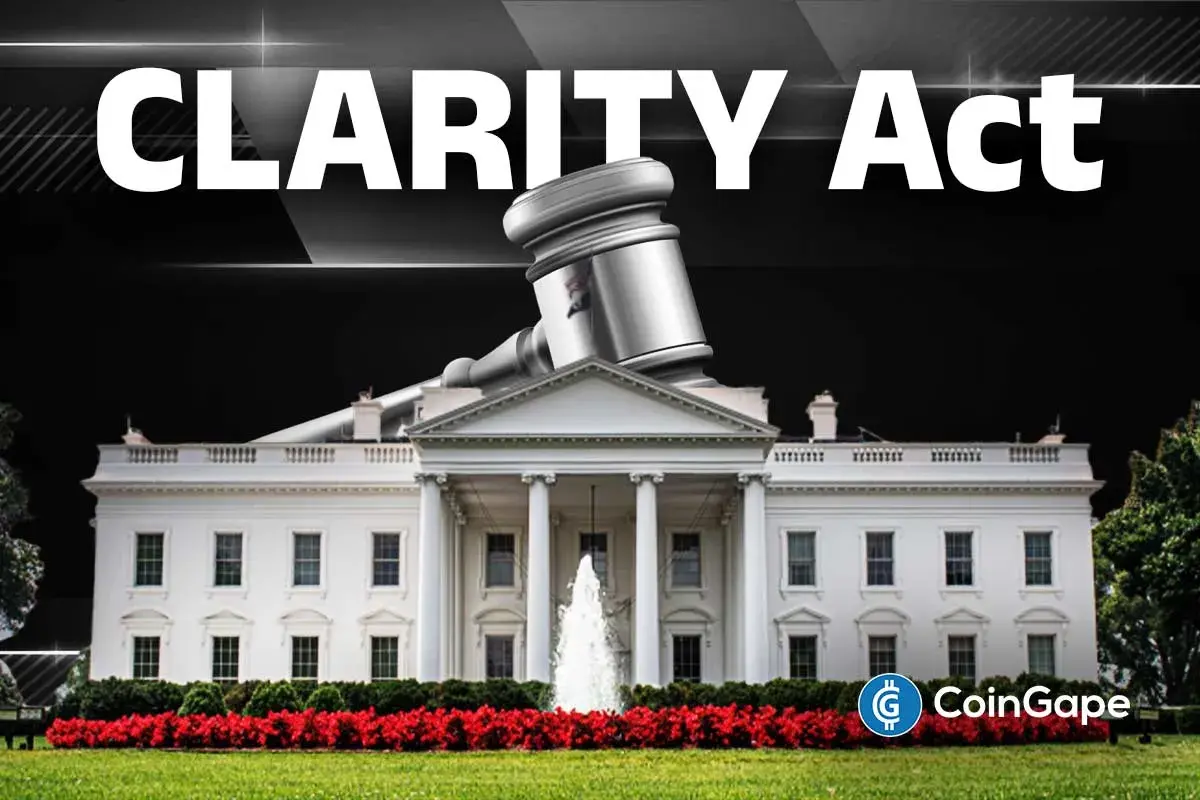Nigeria Sees Major Jump In CBDC eNaira Adoption Amid Cash Shortages

The Nigerian economy’s cash shortage has suddenly changed the fortunes of the country’s central bank digital currency (CBDC) eNaira, which was once struggling to see any major adoption and traction.
On Tuesday, March 21, Godwin Emefiele, governor of the Central Bank of Nigeria said that eNaira transactions have shot up by 63% to 22 billion nairas ($47.7 million) since its introduction. Also, in comparison to the data from October 2022, the total number of CBDC wallets has also jumped by more than 12 times to 13 million.
Nigeria has largely been a cash-dependent economy for a long time and the Nigerian central bank wanted to change this with the introduction of the CBDC. However, initially after launch, eNaira didn’t see much of a demand.
But the recent demonetization policy adopted by the Nigerian government has led to a major drop in the cash in circulation. The currency in circulation in Africa’s largest economy has dropped to 1 trillion Naira from 3.2 trillion Naira back in September 2022.
By the end of the last year of 2022, there was an acute cash shortage after which the central bank replaced old 200-, 500- and 1,000-naira notes with the new ones. Cash still amounts to 90% of the transactions in Nigeria’s informal economy.
Nigeria CBDC eNaira Catching Up
During Tuesday’s press conference, governor Godwin Emefiele said that more than 10 billion eNaira have been minted so far and nearly 3.4 billion of them are already in circulation. Also, under Nigeria’s social scheme, the government is using eNaira to pay poor Nigerians. Emefiele said that this scheme alone has contributed 4 million new wallets.
“The eNaira has emerged as the electronic payment channel of choice for financial inclusion and executing social interventions,” he said.
Although Nigerian lawmakers are bullish about the eNaira adoption, they still need to do much more in improving the digital infrastructure. Last month, Nigerian native Adesoji Solanke, a director at Renaissance Capital, said:
“They want to put it out there to get people to use it, but people don’t have enough places to use it. The challenge is that the wallet requires you to have a smartphone and use the internet, but think of the people you’re trying to send money to, they’re relatively poor, right? So the cost of the smartphone, the cost of the internet, these are just some of the hindrances to get some of these things up and running.”
- Operation Chokepoint: Federal Reserve Advances Proposal to End Crypto Debanking
- LUNC News: Terraform Labs Administrator Sues Jane Street for Terra-LUNA Crisis
- Crypto.com Joins Ripple, Circle With Conditional Bank Charter Approval Amid WLFI’s Probe
- Michael Saylor Says Quantum Risk To Bitcoin Is a Decade Away, Describes it as ‘FUD’
- White House Proposes Stablecoin Rewards Compromise as CLARITY Act Odds Drop to 44%
- COIN Stock Risks Crashing to $100 as Odds of US Striking Iran Jump
- MSTR Stock Price Predictions As Michael Saylor’s Strategy Makes 100th BTC Purchase
- Top 3 Meme Coins Price Prediction As BTC Crashes Below $67k
- Top 4 Reasons Why Bitcoin Price Will Crash to $60k This Week
- COIN Stock Price Prediction: Will Coinbase Crash or Rally in Feb 2026?
- Shiba Inu Price Feb 2026: Will SHIB Rise Soon?

















